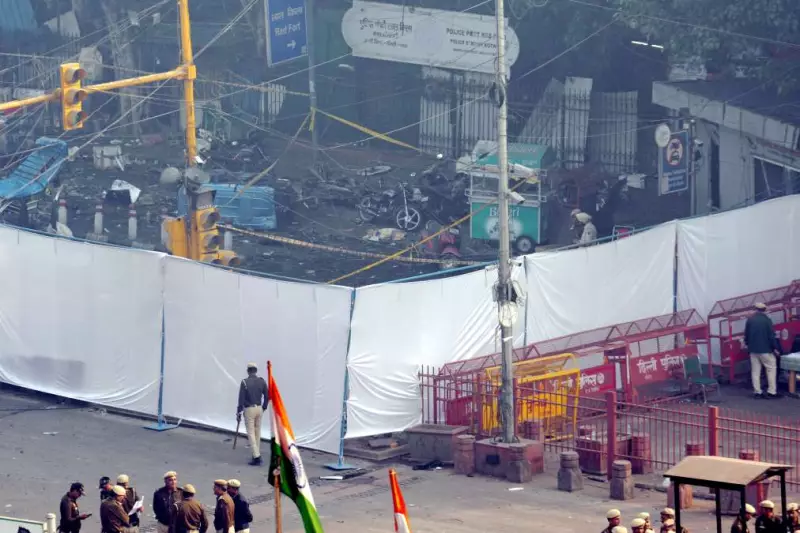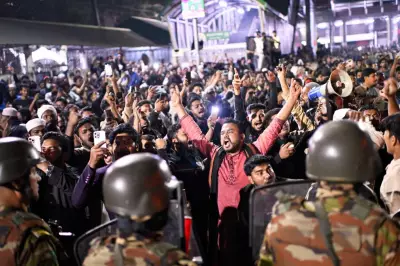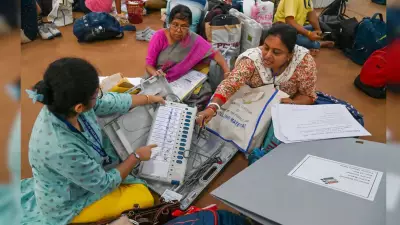
In a significant breakthrough in the recent Delhi blast case, investigative sources have revealed that Dr. Umar Mohammad, a medical professional from Faridabad, was allegedly driving the vehicle used in the terror plot targeting the historic Red Fort. The development comes as security agencies continue to unravel the connections of a sophisticated terror module operating from the neighboring city.
The Faridabad Connection
According to highly placed sources within the investigation team, Dr. Umar Mohammad, who practices medicine in Faridabad, played a crucial operational role in the planned attack. The vehicle he was driving has become a central piece of evidence in understanding how the terror module planned to execute their dangerous mission in the national capital.
Investigators have established that the Faridabad-based module had been active for several months, with members carefully planning their operations. The revelation about Dr. Mohammad's involvement has sent shockwaves through the medical community and raised serious concerns about how educated professionals are being radicalized and drawn into terror networks.
Investigation Timeline and Key Findings
The investigation gained momentum after security agencies received specific intelligence about potential threats to high-profile locations in Delhi. Multiple raids were conducted across Faridabad and surrounding areas, leading to the identification and tracking of the terror module members.
Forensic analysis of the vehicle and digital evidence collected from the suspects' electronic devices provided crucial leads that helped investigators piece together the complete picture of the planned attack. The evidence clearly points to Dr. Umar Mohammad's active participation in the operational aspects of the terror plot.
Security agencies have been working round the clock to identify all individuals connected to this module and understand the complete scope of their planned activities. The investigation has revealed sophisticated planning and coordination among the module members, indicating they had access to significant resources and training.
Security Implications and Ongoing Operations
The involvement of a medical professional in such a serious terror plot has prompted security agencies to review their profiling parameters and intelligence-gathering methods. Educational background and professional qualifications are no longer reliable indicators of an individual's potential involvement in extremist activities.
Security has been intensified around key installations in Delhi and the National Capital Region, with particular focus on historical monuments and government buildings. The police and intelligence agencies are coordinating closely to monitor any suspicious activities and prevent similar attempts in the future.
The investigation continues to expand as agencies work to identify the entire network, funding sources, and possible international connections of the Faridabad terror module. More arrests are expected in the coming days as the evidence gathered leads investigators to other individuals involved in supporting or planning the attack.
This case highlights the evolving nature of security threats and the need for constant vigilance from both security agencies and the general public. Authorities have appealed to citizens to report any suspicious activities or individuals to help prevent such incidents before they can occur.





